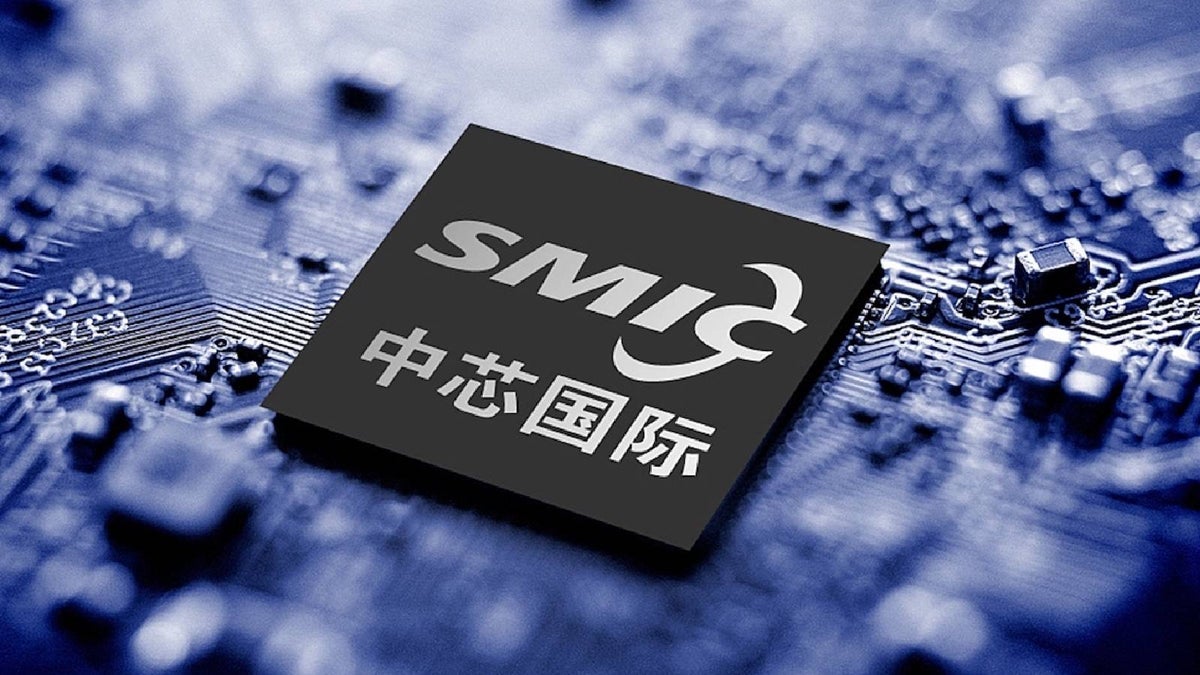The country is ramping up purchases of foreign chipmaking equipment and exploring opportunities for hiring overseas talent, while simultaneously forging new alliances, Reuters reports. The semiconductor sector in China had already been hit hard during Trump’s first term, when US sanctions targeted major firms like Huawei, ZTE, and chipmaker SMIC, cutting off their access to essential US-made hardware and software.
Under the Biden administration, these measures evolved into even broader export controls aimed at limiting China’s access to the most advanced chips across the entire industry. As if that could stop technology evolution, but anyway.
Now, with Trump potentially returning to the presidency, Chinese semiconductor firms are preparing for another round of intensified restrictions.
Industry insiders and analysts have been vocal about the strategies Chinese firms might adopt. Many have pointed to a renewed focus on self-sufficiency and a push to deepen ties with countries and companies that may feel marginalized by US policies. “Self-sufficiency” could very well mean that we’re about to meet some interesting Huawei phones in the near future! Not bad, not bad at all.
As the report reads, Zhu Jing, an official with the Beijing Semiconductor Industry Association, has urged local firms to expand their overseas business footprint. He believes there could be an opening to resume imports of certain chip components if the US, Japan, and Europe fail to coordinate effectively on sanctions enforcement under a new Trump administration.
This renewed urgency has manifested in a surge of imports for semiconductor equipment. In the first nine months of this year alone, China’s imports of chipmaking machinery jumped by over a third, amounting to $24.12 billion. A significant portion of this expenditure was on lithography machines, crucial for producing advanced chips.
The Netherlands’ ASML Holding remains a key supplier, despite the company’s halt on its most sophisticated extreme ultraviolet (EUV) lithography machines due to earlier US export bans. Even so, older deep ultraviolet (DUV) models have continued to see strong demand, signaling that Chinese tech firms are stockpiling equipment to buffer against potential future restrictions.In addition to ramping up equipment purchases, Chinese companies are also bolstering their production capacities. According to industry sources, firms have been increasing their manufacturing output as a hedge against political uncertainties.
This move towards self-reliance and diversification could have a lasting impact on the smartphone industry, potentially leading to new innovations in chip design and alternative supply chain strategies. For smartphone enthusiasts, these developments are particularly significant, as the availability, performance, and features of future devices are closely tied to the evolution of semiconductor technology.
The current wave of investments and strategic realignments in China’s chip industry may well shape the next generation of mobile devices, driving the sector towards unexpected advancements.
